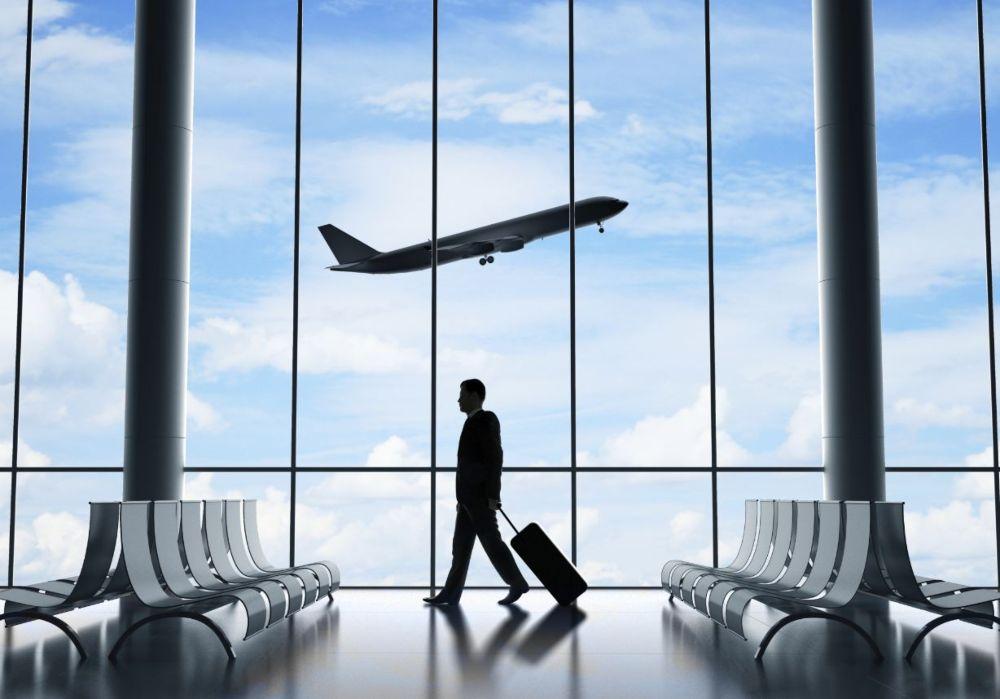Table of Contents
Introduction
Productivity is important for professional and personal reasons. Completing your day’s work at the office means that you don’t need to take it home with you. You also don’t need to work extra time.
Corporate travel managers are sometimes at the mercy of travel conditions. If weather delays flights, you’ll have to find alternative transportation methods for your team after business hours.
By optimizing your time in the office, you can carve out time and solutions for surprises. For example, business travel planners must develop partnerships with vendors and providers. When you need to look toward Plan B, you’ll find it in your back pocket.
The following are seven productivity hacks for corporate travel managers.
1. Establish a Schedule
Part of optimizing productivity comes from knowing oneself. Then, take into account the rhythm of your company’s business travel.
When your team returns, you’ll receive a stack of business expense reports that require processing. Before travel takes place, you’ll need to determine how far in advance to book flights, ground transportation, and hotel rooms.
Practice calendar management and establish a visual daily, weekly, monthly, and annual schedule. Then, hang it within view. Next, set up reminders.
Your goal is to avoid last-minute planning unless it comes from the company’s executives. Your stress level will remain low and output high.
When your team travels to major industry conventions, hotel rooms book up months in advance. Thus, ensure that you’re on top of the planning process.
2. Establish Policy
A corporate travel policy is the most important task that business travel managers will complete. If you receive a promotion into the position, take a look at the previous guidelines.
These guidelines increase productivity since they answer common questions posed by company business travelers. If you can refer new travelers to the handbook, it will save you a lot of time. You’ll avoid answering the same questions several times and focus on improving procedures.
3. Use Software
There is little reason to avoid incorporating technology into daily business routines such as travel planning.
The software will hold a digital version of your calendar and reminders. After some data entry, it will also make processing expense reports and compiling an overview easier.
Some software creates systems that allow staff to pick their travel arrangements. Then, the system routes to the manager for approval.
4. Set Limits
Human nature dictates that someone will always turn in their expense reports late. Also, you can expect that one of your team members will require last-minute reservation changes.
Corporate travel managers must remain true to the policies that they establish and set limits.
With travel, some things will fall out of the hands of the traveler and manager. It’s different for things that are in the traveler’s control. By setting limits, your team will have little to no excuses to turn their reports in late.
More importantly, through repetition, their behavior will align with the limits.
5. Prepare for the Day
Preparing for the day maximizes output, and it starts before you reach your office. Your goal is to enter your office ready to tackle the day. Thus, start your preparations at home and the day before.
Preparing for the day includes:
- Sleeping six to eight hours nightly
- Eating well-balanced diets
- Achieving a work-life balance
If you do not have time to cook well-balanced meals, a hack that remains popular among professionals is signing up for meal services. You pick your menu and the service provider ships them to you.
To achieve a good night’s sleep, develop a bedtime routine – the body likes consistency.
6. Prioritize Tasks
Once you do arrive at the office, prioritize tasks. With experience, you’ll develop a routine that fits your work style and the company’s needs.
If any tasks seem repetitive or mundane, find a way to automate them. Finding solutions is a great way to improve output and contribute to the company’s bottom line.
7. Take Notes
As a manager, you will attend meetings and communicate with staff and company members. Even if you have a great memory, take notes in a notebook or digital device.
Organize your notes by date and time for easy reference. Avoid using shorthand and make sure that they are legible.
Conclusion
Productivity is a must for corporate travel managers. If you keep up with your daily tasks, you’ll have the availability for last-minute travel changes and delays. More importantly, you’ll maintain optimal health and a solid work-life balance.
Also, Read- Why Do You Need Silicone Pet Utensils for Your Doggie?




